Other Conditions We Help APRC
Other Conditions We Help
Non-Surgical, Non-Invasive
In addition to neuropathy, sciatica pain, chronic back pain, plantar fasciitis, chronic knee pain, and whiplash / auto injury pain, we help address:
Chronic Neck Pain
Chronic Hip Pain
Frozen Shoulder
Degenerative Disc Disease
Herniated Discs
Chronic Neck Pain
Neck muscles can be strained for many reasons, including poor posture. Another common cause of neck pain is osteoarthritis. Sometimes, neck pain – accompanied by weakness or numbness – is actually a symptom of a deeper problem. Headaches, decreased head mobility, muscle spasms and tightness, or pain due to stationary positioning are all signs of neck pain.
Chronic Hip Pain
Pain in the hip may be the result of one or more factors, including arthritis, fractures, bursitis, tendinitis, hip labral tear, or tendon or muscle strain; while more serious conditions include cancers or avascular necrosis. The precise location of the hip pain can vary, sometimes concentrating on the thigh, inside of the hip joint, outside of the hip joint, the groin, or the buttocks.
Frozen Shoulder
Affecting the shoulder joint, frozen shoulder typically involves stiffness and pain that gradually develops, worsens and then goes away. This process can sometimes take three years. Tissue surrounding your shoulder joint, called the shoulder capsule, holds everything together, and with frozen shoulder this becomes tight and thick, making the shoulder hard to move. Once bands of scar tissue form and less synovial fluid is available to keep joints lubricated, motion becomes extremely limited.
Women are more than likely than men to develop frozen shoulder, often between the ages of 40 and 60. Risk of frozen shoulder increases while recovering from a surgery (like mastectomy) or a stroke. People with diabetes, thyroid disease, Parkinson’s disease, or heart disease are more likely to be affected by frozen shoulder.
Degenerative Disc Disease
Degenerative disc disease is the result of pain from normal disc changes in the spine. Since spinal discs act like shock absorbers between the vertebrae (bones) of your spine, when they break down from age, they may not work as well. Although everyone’s spinal discs break down naturally over time, not everyone experiences pain.
Dry and cracked discs can lead to a consistent pain in your neck or back. Signs include pain in the upper thighs, lower back, or butt, increased pain when sitting and reduced pain when moving, walking, changing positions, or lying down.
Herniated Discs
When the rubbery discs between individual vertebrae are ruptured, the softer “jelly” within the disc can stick out, irritating nearby nerves and causing numbness, weakness, or pain. Many people do not experience any immediate symptoms and do not require surgery to fix the problem.
Neck or back pain traveling down an arm or leg, tingling, numbness, or weakness may all be signs of a herniated disc.
How ReliefCare is Used for Other Conditions such as Neck, Hip, Shoulder and Disc
ReliefCare is a non-surgical, drug-free, fast-acting protocol that has been developed and mastered for over 30 years by Dr. Christopher Cordima. ReliefCare is a scientific approach that combines FDA cleared technologies and state-of-the-art therapies which together provides a cumulative effect that increases the healing mechanism within the body.
ReliefCare uses innovative FDA approved technologies that addresses three key areas to help achieve long-lasting pain relief:
ReliefCare treats the source of the neck, hip, shoulder and disc pain to achieve relief as fast as possible.
ReliefCare helps to reduce chronic inflammation which in turn improves the immune system and enhances the mitochondrial energy which our cells need to fight off the risk of disease.
ReliefCare restores function so the body can heal properly and fight against disease-related conditions that cause neck, hip, shoulder and disc pain.
What Types of Therapies are Used in ReliefCare?
It’s extremely difficult to explain medical therapies and services via the internet or over the phone versus in-person. As always, we would like you to call (617) 629-2600 and make an appointment for your first consultation. From there, we can meet, explain and show you the different ReliefCare therapies being used by our patients today.



